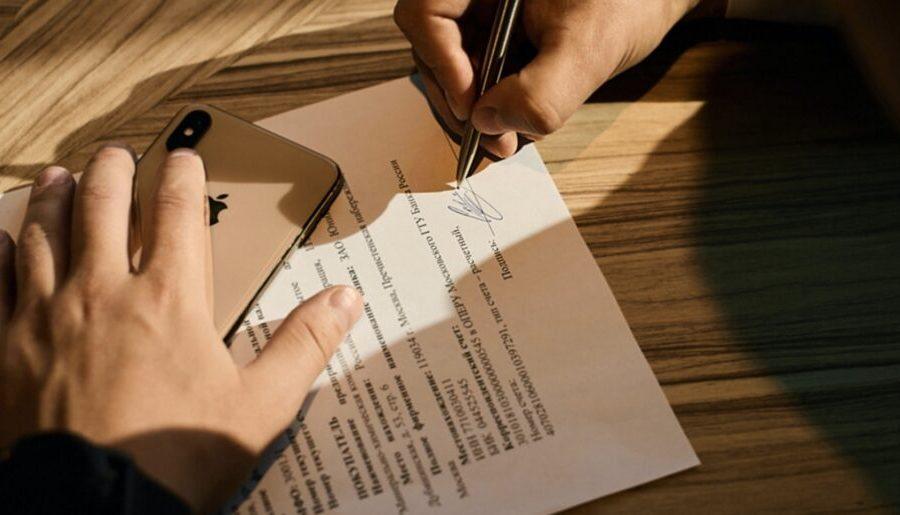Understanding Embassy Attestation: A Crucial Step for International Document Validation

Embassy attestation** is a critical process for individuals and businesses engaging in international activities, whether for work, study, or business. This process involves the authentication of documents by the embassy of the country where the documents are intended to be used. Embassy attestation ensures that the documents are recognized as valid and credible by foreign authorities, making them legally acceptable in the host country.
What is Embassy Attestation?
Embassy attestation is the process by which a document, such as a degree certificate, marriage certificate, or commercial document, is certified by the embassy or consulate of the country where the document will be used. This certification verifies that the document is genuine and has been issued by a competent authority in the country of origin.
The embassy attestation process typically involves multiple stages of verification. Initially, the document is attested by the relevant local authorities, such as notary services, state government departments, or chambers of commerce. Following this, the document is further attested by the Ministry of External Affairs (MEA) or its equivalent in the document's home country. Finally, the document is submitted to the embassy or consulate for the final attestation.
Why is Embassy Attestation Important?
Embassy attestation is essential for several reasons. First and foremost, it ensures that the documents being presented in a foreign country are authentic and reliable. For example, if an individual wishes to pursue higher education in a foreign country, their educational certificates must be attested to prove that they are genuine and recognized by the issuing country.
Moreover, embassy attestation is often a mandatory requirement for obtaining a visa, work permit, or residency in a foreign country. For instance, if a person secures a job in a different country, their employer may require attested educational and professional certificates as part of the employment process. Similarly, businesses engaging in international trade or setting up branches overseas may need to have their commercial documents, such as invoices and agreements, attested by the embassy to ensure legal compliance.
The Process of Embassy Attestation
The process of embassy attestation varies depending on the type of document and the country involved. However, the general steps are as follows:
1. Notarization: The document is first notarized by a public notary, who verifies the authenticity of the signatures on the document.
2. State Attestation: For educational and personal documents, the relevant state authorities, such as the Department of Education or Home Department, will attest the document.
3. MEA Attestation: The Ministry of External Affairs (MEA) or an equivalent body then verifies the document, ensuring that it is valid and has been attested by the appropriate state authorities.
4. Embassy Attestation: Finally, the document is submitted to the embassy or consulate of the destination country for attestation. The embassy checks the document's authenticity and ensures that all previous attestations are in order before granting the final attestation.
Challenges in Embassy Attestation
While embassy attestation is a necessary step, it can be a complex and time-consuming process. The requirements for attestation vary from one country to another, and the process can involve multiple government agencies, each with its own procedures and timelines. Additionally, any errors in the documentation or attestation process can lead to delays or even rejection of the document, making it essential to follow the correct procedures carefully.
Conclusion
Embassy attestation is a vital process for anyone dealing with international legal or business matters. It ensures that documents are legally recognized in foreign countries, facilitating smooth transitions and compliance with international laws. Understanding and correctly navigating the embassy attestation process is crucial for avoiding legal complications and ensuring that your documents are accepted abroad.
- Art
- Causes
- Crafts
- Dance
- Drinks
- Film
- Fitness
- Food
- Games
- Gardening
- Health
- Home
- Literature
- Music
- Networking
- Other
- Party
- Religion
- Shopping
- Sports
- Theater
- Wellness


